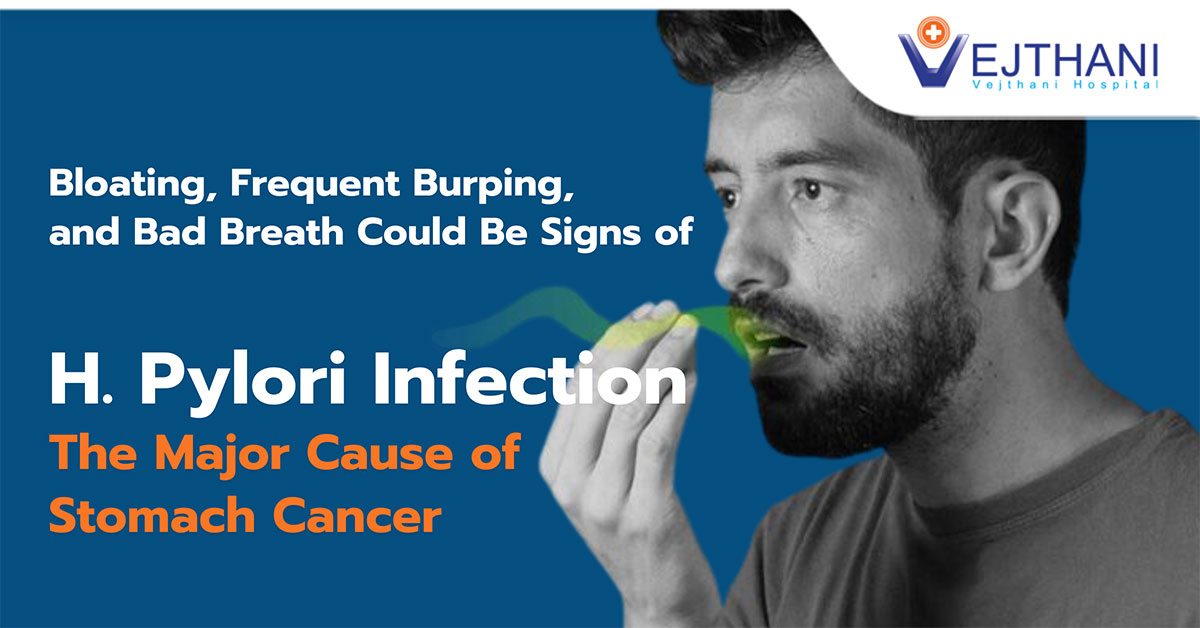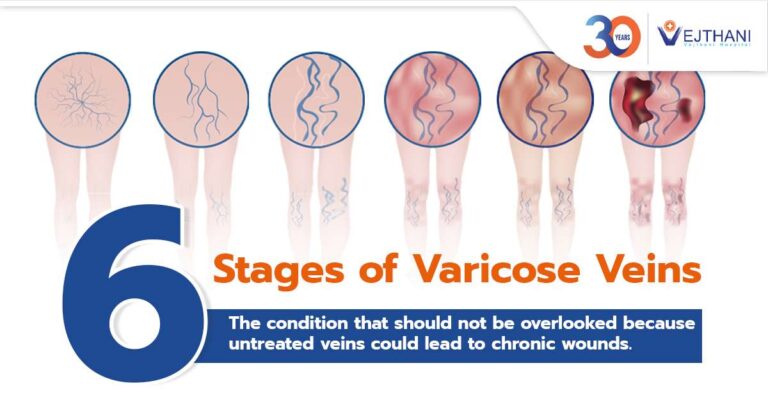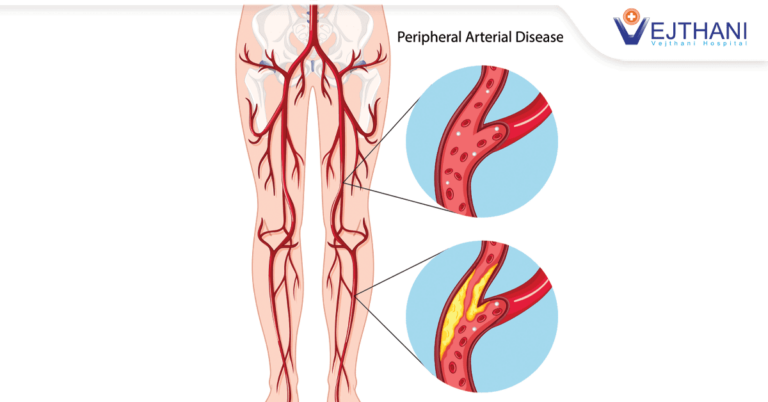
Health Articles
“Blood in the Stool” calls for a WARNING!


Bowel movement is one of the most important routine to eliminate the body wastes. Visual observation of the stool can provides a valuable information about what is needed in your daily diet to maintain good colon health as well as identify health problems. For instance, hard stool, dark colored stool or blood in the stool could indicate a health threat.
The following are some of the conditions that could indicate that your gastrointestinal tract is calling for help:
Hemorrhoids : Those who often have constipation have higher risk of having hemorrhoids than those who have normal bowel activity. Passing hard stools can tear the skin around the anus and damage the thin walls of the blood vessels which lead to hemorrhoids. Furthermore, it usually causes pain and bleeding with each bowel movement.
Rectal Bleeding : Rectal Bleeding refers to the passage of bright red blood often mixed with stool or blood clots but generally does not cause pain during bowel movement. The condition gets serious when the amount of blood on the stool is plenty enough and uncontrollable which requires immediate medical attention.
GI Bleeding or Small Bowel Bleeding: The bleeding occurs in any part of the gastrointestinal tract. It may present with bloody vomit that looks like coffee ground dark or bright red blood on the stool during bowel movement. People with these symptoms may need treatment and monitoring in the hospital.
Intestinal Ischemia: This condition usually occurs when the arteries that supply blood to the bowel becomes blocked. If the blockage goes on for too long, it can cause serious problems. The disease can present with sudden abdominal pain and possibly bloody stool. If the damage is severe enough, infection in the wall of the intestines can occur and can be fatal if left untreated.


Colon Cancer: Bleeding from the rectum or blood in the stool can be a sign of colon cancer. The disease typically occurs between ages 40-50 years, but there is a chance of developing cancer in young and middle aged people. Moreover, family history can put people at a higher risk for colon cancer as well.
Blood in the stool can be a result from a number of health conditions or even a reaction to food intake or medication. Some of the causes of bleeding can be prevented or reversed with a healthy diet and lifestyle. For people with severe or persistent bleeding, it is recommended to see the doctor right away to detect the causes in early stage as possible and obtain the best treatment needed immediately.
























